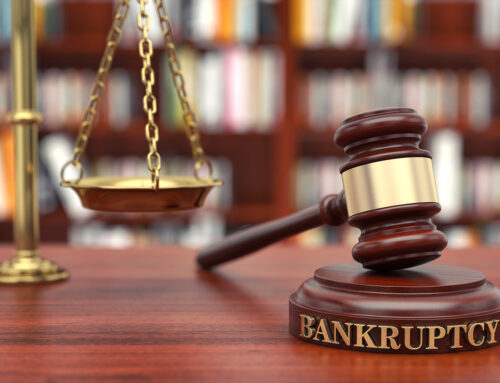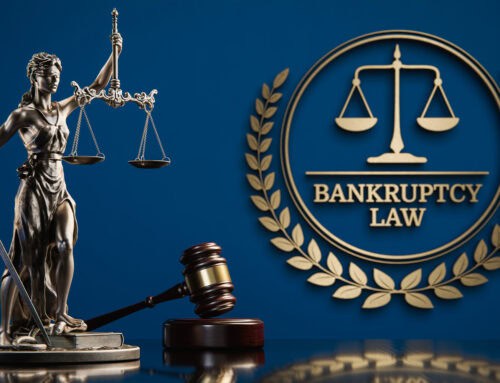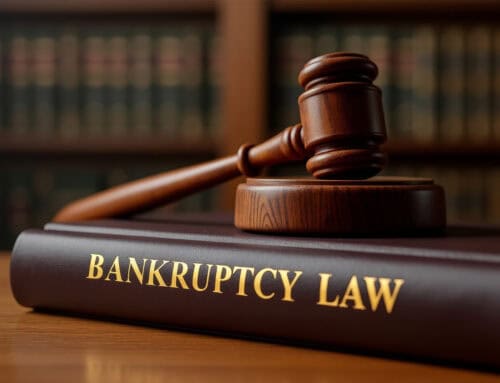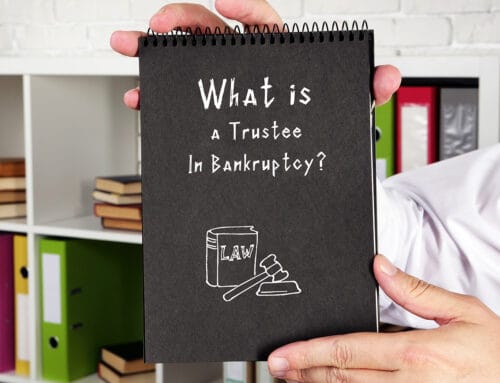Changes in Policy May Make Declaring Bankruptcy on Student Loans Possible
Despite what many students would likely prefer, at this moment it is all but impossible to include and have your student debt forgiven when filing for bankruptcy. To understand how massive this problem is, you should know that about 40% of those borrowing student loans will find themselves in default within the next five years. That’s a pretty extreme number; even more so when you consider that student loan borrowers currently owe almost $1.5 trillion.
Current State of Student Loan Bankruptcy Options
Right now, while it is technically possible to discharge student loans during bankruptcy, actually doing so is a complicated undertaking. There are three steps involved in the process, with the first being relatively standard: the person seeking bankruptcy needs to choose and hire a lawyer.
After that, the individual will need to determine precisely what type of bankruptcy they would like to pursue. Both of these steps are typical for anyone seeking to fine for bankruptcy, whether student loans are included or not.
The third step is the problem area. The person who is looking to file for bankruptcy must prove that they are facing undue financial hardship.
The reason this is complicated is because there is no universal definition of what undue hardship is. In fact, there is still no real consensus on what it even means. Proving something without an explicit definition is a challenging task, which is why student loans are typically not forgiven during bankruptcy.
Potential Changes to Definition
Currently, the Department of Education is working out how undue hardship should be defined. As it stands, the most common way to show undue hardship is to prove you do not have enough money to pay your loans. You also must prove that this inability will continue throughout a significant portion of the repayment period.
Some advocates for the inclusion of student loans in bankruptcy have suggested that there should be precise criteria for determining who qualifies. This might include having a disability related to military service, or being eligible to receive social security.
Recent testimony by the Chairman of the Federal Reserve, Jerome Powell, contained comments pertaining to the current state of loan debt and a borrower’s inability to discharge during bankruptcy. Most notably, he explained that individuals who are unable to pay off loans will see adverse effects on their credit ratings, and long-term negative impacts felt throughout their financial futures.
If you are curious about your rights when it comes to bankruptcy, Brent George Law in Thousand Oaks will happily provide you with a free consultation.
Disclaimer: This article is intended for informational purposes only and does not constitute legal advice. For personalized assistance, please contact our office at (805)494-8400.





